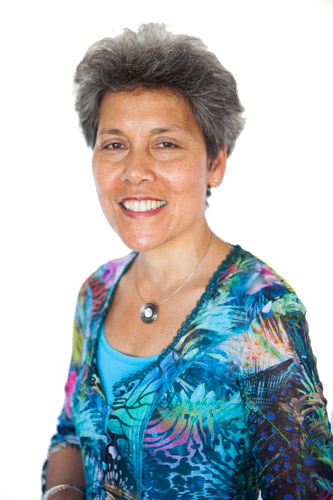Being connected to more than one culture can be beautiful yet confusing at the same time: you’re neither fish nor fowl. Are you curious which elements from your emigration story play a part? What is it like for yóu to be connected to various cultures? How does it affect you? Or your colleague or your client?
In this seminar I would like to make you aware of your own answers to these questions. To make the lecture more easily accessible for you, I share in it some of my own story with you. I was raised by a Dutch Indonesian father and a Dutch mother. I experienced how difficult the attachment to various cultures can be.
After this I introduce some models, which helps you map your own experiences. Clients in my training practice have found this very helpful. This way, you will gain insight into your own story.
The following topics will come up for discussion:
- What can be the effects of emigration (1st and 2nd generation)?
- What defines culture and how can the cultures in your life differ from one another?
- How can these differences affect you?
- Which underlying issues can be of influence on the experience of culture?
Why take part? Read these experiences
” Alize’s personal and poignant story touches everyone by its profoundness and the intense feelings that are involved. Knowledge is one thing, but sharing vivid and personal experiences is another. The combination is priceless”.
Pauline A.H. Hörmann, teacher and trainer, Utrecht university, Department Bestuurs- en Organisatiewetenschap
“Alize’s seminar is liberating for bi-cultural people! It lets them relate: It is not strange that I feel different. She makes people aware that they are a mix of two cultures. This makes them stronger! Also, she tells a clear story in words that are easy to understand”.
Zennu Haile-Michael, migrant from Ethiopia, trainer intercultural communication, Keer Communicatie
“Your models and your explanation have helped me to look realistically at my life as an in-betweener. I understand myself better”.
K, refugee
“Alize reflects on her life story in a very impressive way. In doing so she is able to point out the tension that life in between cultures entails to the extent that her listeners can really relate to her story”.
Joselyn Hengelaar, as a student worker involved with international students
“Your seminar touches me. Beside the fact that you offer an intriguing analysis of the part culture plays in family histories, I also recognised many of the things you described that are related to growing up in more than one culture. During my childhood, I have had to adapt so many times because of moving house, that I often don’t know what I want myself. Your story has helped me to see that it isn’t my fault that I feel this way and that I don’t always have the social skills that society expects me to have. It helps me to be kinder to myself”.
Emma, grew up in several countries as a child of expats
“I understand my family better again after your seminar, I have stopped blaming them”.
R., grandchild of a Dutch Indonesian migrant, 74 years in the Netherlands, lived partly abroad

